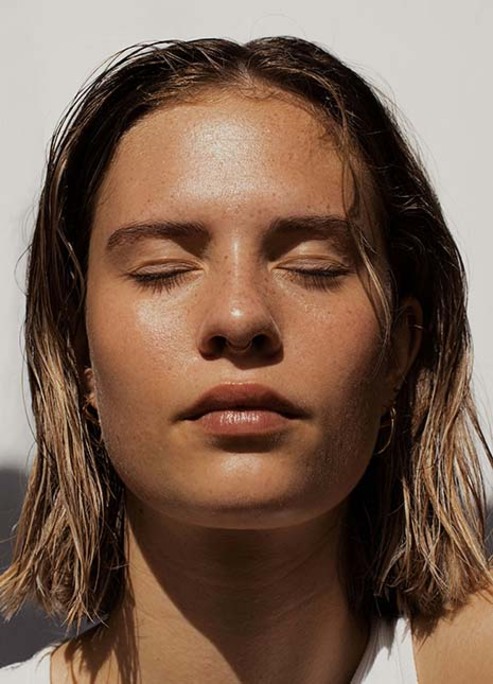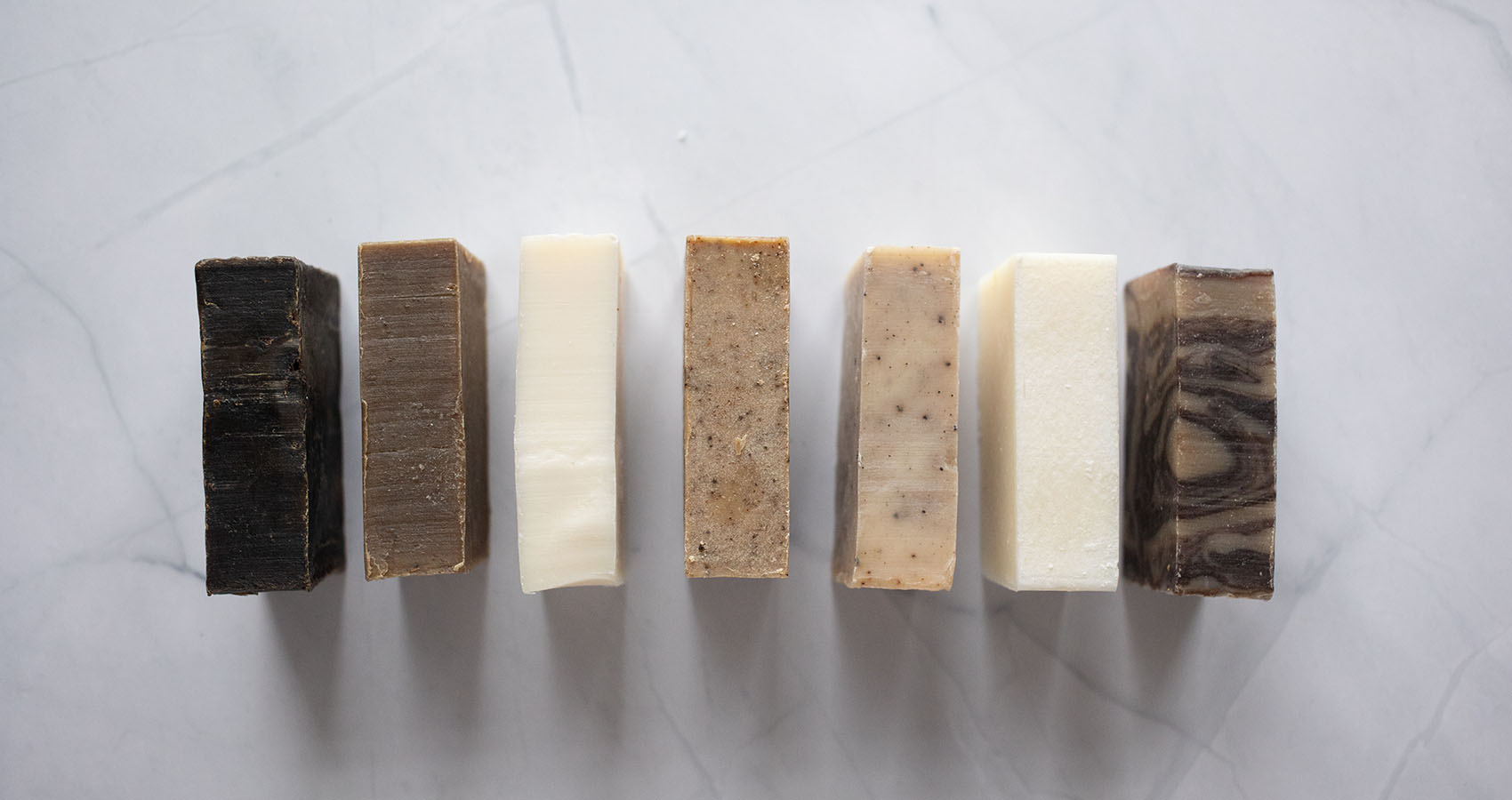
Clean Beauty Friend Or Foe? A Guide to Eco-Responsible Skincare
It's not always easy to tell the difference.
In this era of environmental consciousness, “clean beauty” undeniably appeals to the masses. People don’t just want their body care products to work; they also want them to be eco-responsible. As a result, clean beauty brands are flourishing in drugstores.
Organic, gluten-free, natural, and non-toxic are bywords routinely used as selling points for cosmetic products. Nevertheless, it’s essential to understand and not fall for every buzzword. Behind each term, there’s either a substantial benefit or a well-disguised rip-off.
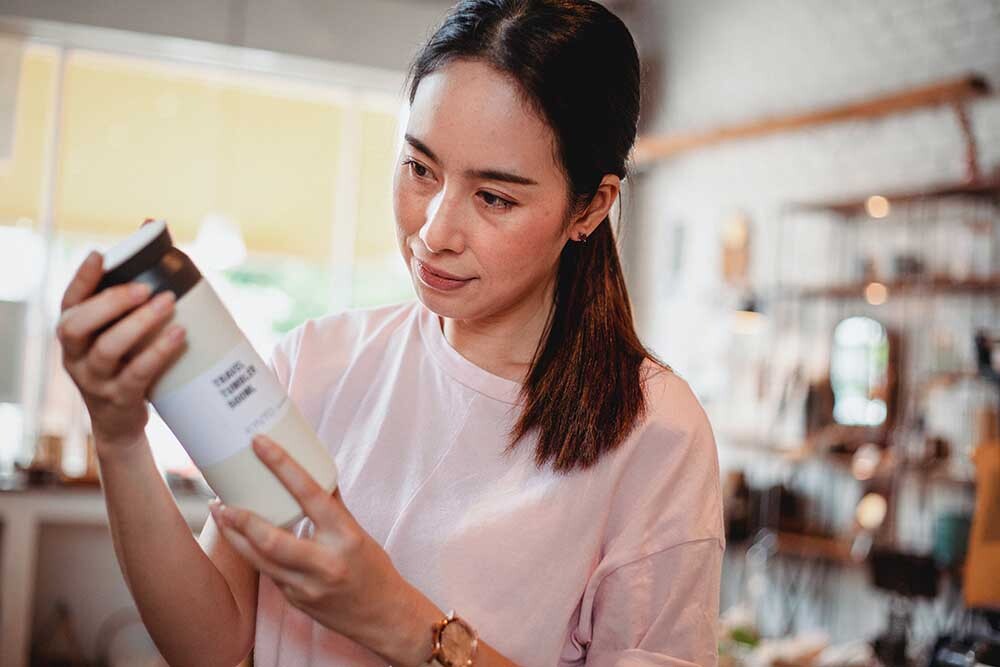
What does clean beauty mean?
Clean beauty has a broad definition. However, the emphasis is on two aspects: cosmetics made with natural ingredients and harmless to the environment. It’s a compromise between quality and toxicity: good for the customer and the ecosystem. Cosmetics that are respectful of the environment and not tested on animals can also be called "clean beauty."
Products labeled clean usually don’t contain potentially toxic ingredients such as parabens, preservatives, phthalates, formaldehyde, or hormone disruptors.
Clean brands like Ren focus on formulations devoid of silicones and mineral oils, believed to trigger blackheads in blemish-prone skin. For example, skincare manufacturer Drunk Elephant provides products free of essential oils and scents to remove any chance of irritation for sensitive skin.
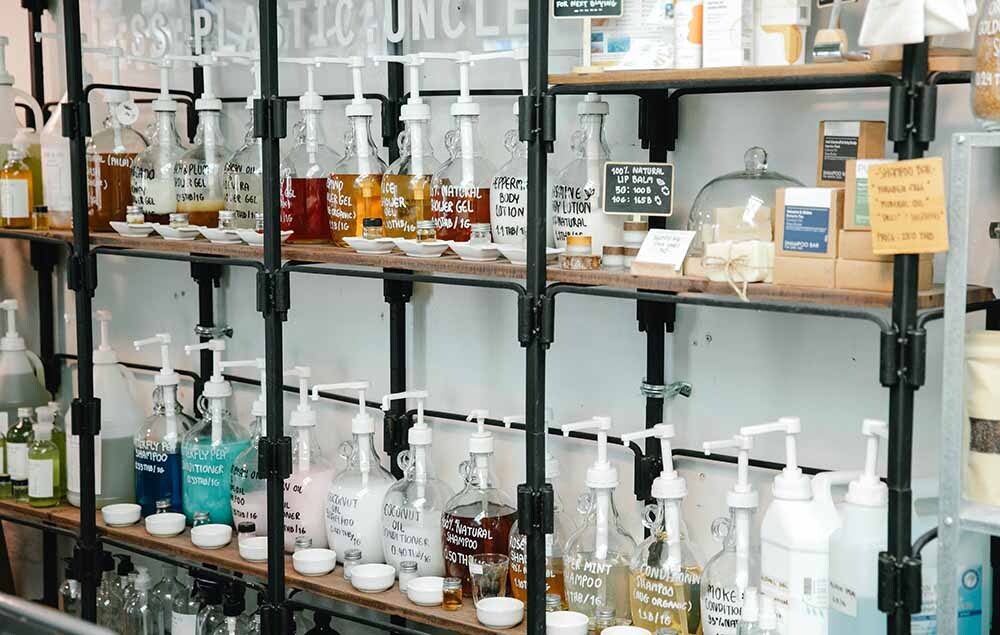
Green beauty Or Clean Beauty?
The definition previously given could also be applied to green beauty. No wonder these terms are often swapped, and consumers can’t differentiate them.
Green Beauty came out first. It promotes the use of plant-based ingredients and shuns synthetic inert chemicals. In addition, this holistic concept highlights the sustainability of a complete supply chain, from non-toxic ingredients to sourcing, production, packaging, and even transportation. Therefore, green beauty is a stricter standard than clean beauty. Most popular companies fail to meet those requirements.
Clean beauty is derived from the green trend. To summarize, all green beauty is de facto clean beauty, but the opposite doesn’t apply.
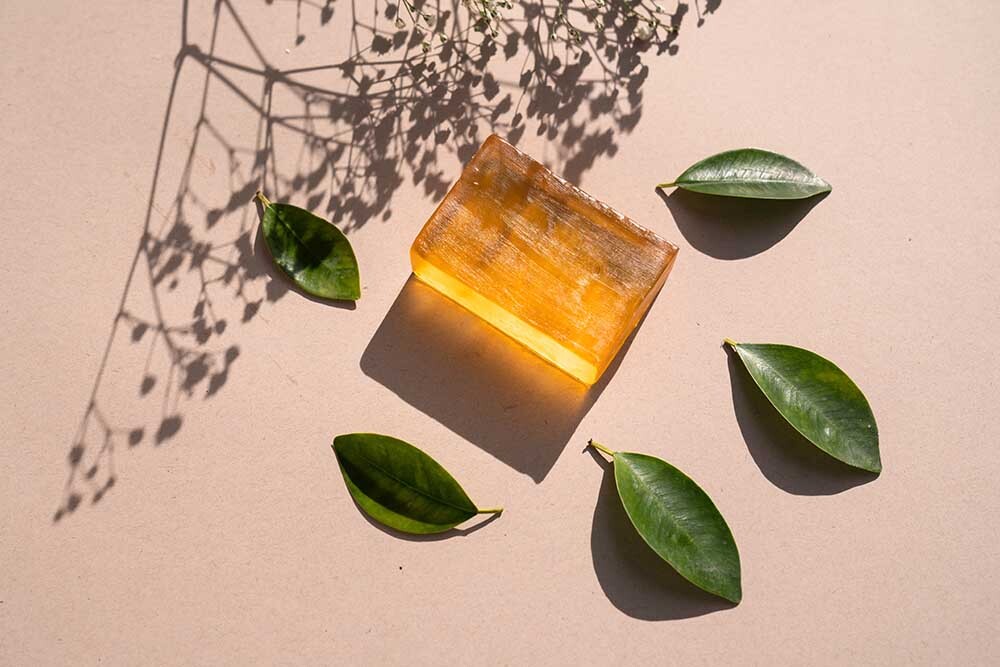
Clean beauty vs. natural beauty
'Natural' refers to components drawn from nature, meaning no ingredient is created in a lab. True Botanicals, Tata Harper's offerings fall into that category.
In the cosmetics industry, a clean product is free of hazardous components, while certain ingredients may be synthetic. On the other hand, natural goods are created entirely of non-synthetic components.
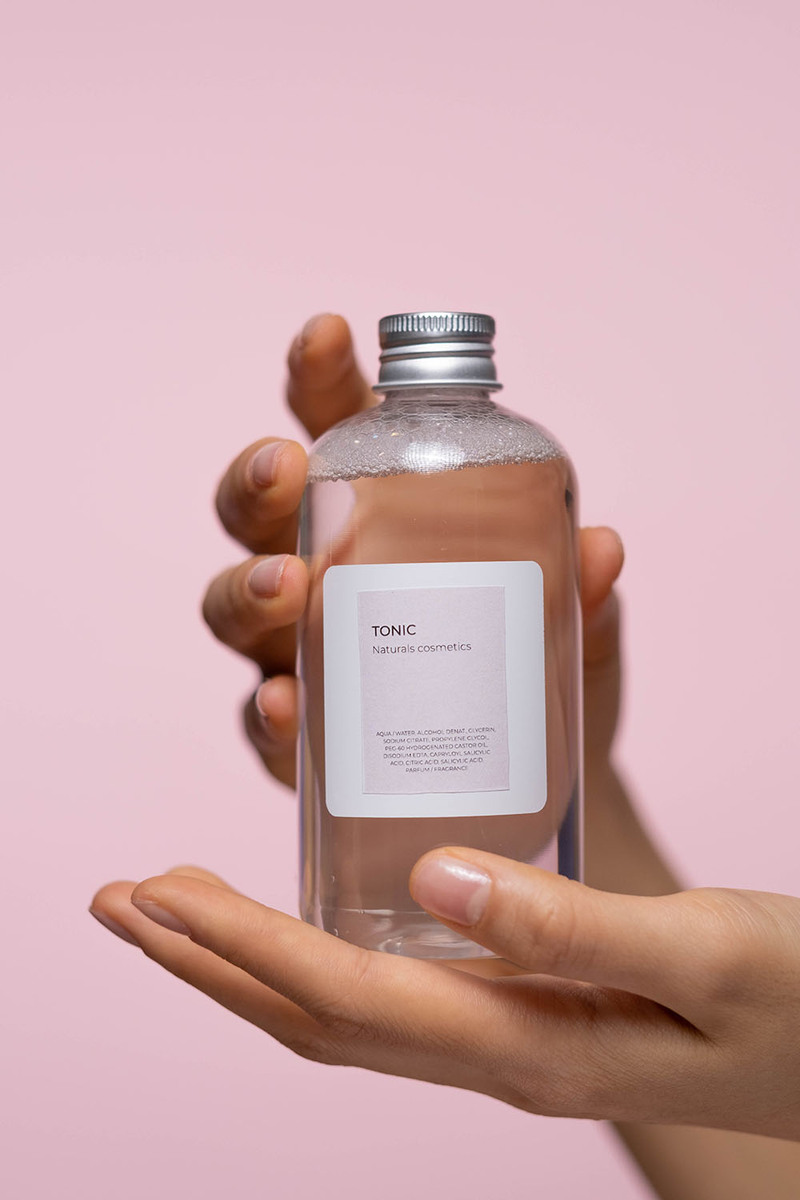
A Clean-ish approach
In a decade, clean beauty has gone from a niche market to a thriving sector where brands and independent laboratories compete.
Despite the excitement, the marketing idea behind "clean beauty" remains hazy. First, unlike labels or certifications, clean beauty has no formal definition. This gap allows manufacturers to interpret the label as they wish.
Likewise, “Clean brands” do not answer to any requirements other than their personal values. For instance, the Food and Drug Administration (FDA) has set no industry regulations in the US. Simply put, any brand can advertise its product as clean, proven, or not. This lack of standards leaves the door open to much greenwashing.
Claims such as "preservative-free," "toxin-free,” and "chemical-free” were used so deceptively that the European Union has outlawed them on the packaging. This shows how much clean or green beauty can be weaponized to rip off consumers.
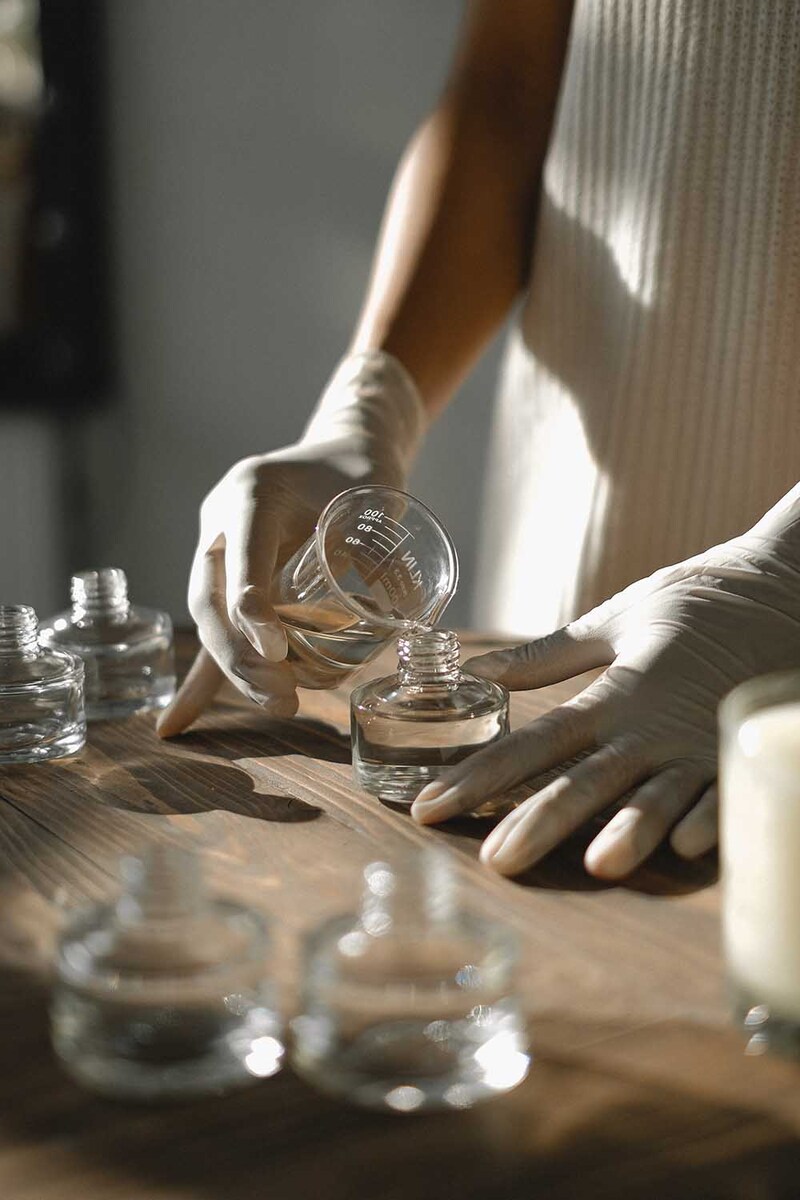
How To Play The Clean Beauty Game
The first step is to educate yourself, learn the meaning behind catchwords—next, research before purchasing. Reading the information will help determine which products are needed and those you are comfortable using. It’s crucial to remember that two products in the same class may have diverse approaches to formulation.
To ease the workload, you can also look for recognized certificates such as Environmental Working Group (EWG), Ecocert, or Bcorp. These third-party certification groups examine products to verify if they are free of chemicals and poisons.




